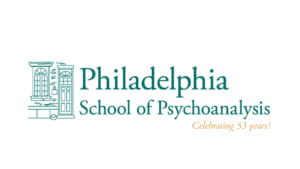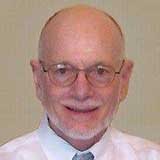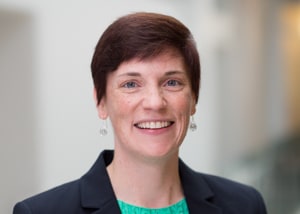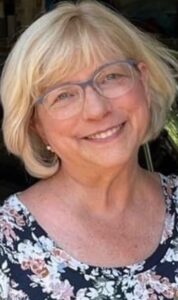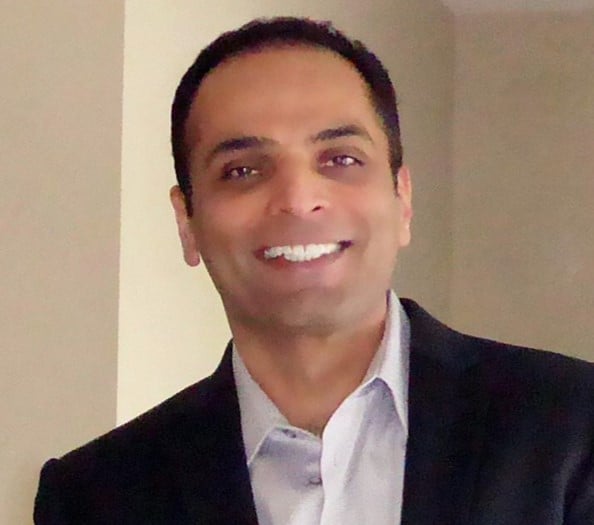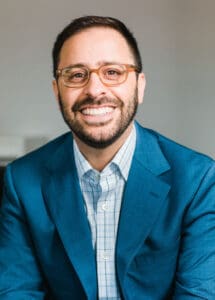The Certificate in Organizational Dynamics, Leadership, and Consulting is for aspiring and experienced clinicians, organizational leaders, consultants, coaches and other helping professionals who wish to deepen their work through the application of psychoanalytic principles and techniques to organizational and leadership development and consulting. These principles and practices include attention to relational and unconscious dimensions as well as the importance of transference, countertransference and resistance in working through maturational challenges and difficulties in organizational life.
All ODLC courses are held via videoconference (ZOOM) for your convenience!
*For More Information, Application, and Registration Guidance, use the PSP Contact Form:
ODLC Program Overview:
Program Notes
- Credits accrued in the ODLC program can be applied to PSP’s Certification in Psychoanalysis program . ODLC Students who decide to apply to matriculate in the Psychoanalytic Certification Program must hold a Masters degree when beginning the program.
- Although participant’s personal analysis is strongly encouraged, there are no specific requirements for training analysis in this Program.
- Applicants for this program may use the same application and indicate their desired course of study. Along with the application, applicants should submit any post-secondary transcripts, as well as a letter of intent and a $75 non-refundable application fee.
- *The PSP ODLC program is a non-accredited program. Those seeking an accredited certification must enroll in the PSP Psychoanalytic Certification program, which is accredited by the American Board for Accreditation in Psychoanalysis (ABAP).
Getting Started:
Complete the Contact Form with a statement about your interest in the ODLC program, and the ODLC Coordinator will respond to you and schedule a meeting by phone: Contact Form
Potential Career Paths:
Professionals trained in organizational leadership development and consulting possess a diverse skill set that opens doors to a wide range of rewarding career opportunities. Here are some potential career options:
- Organizational Development Consultant: As an organizational development consultant, you’ll work with businesses and non-profit organizations to identify areas for improvement, develop strategies for change, and implement programs to enhance organizational effectiveness. This role involves conducting needs assessments, facilitating workshops, and providing coaching to leaders and teams.
- Leadership Coach: Leadership coaches work one-on-one with executives, managers, and emerging leaders to help them develop their leadership skills, overcome challenges, and achieve their professional goals. This role often involves conducting assessments, creating personalized development plans, and providing ongoing support and feedback.
- Training and Development Specialist: In this role, you’ll design and deliver training programs to help employees develop the skills and knowledge they need to succeed in their roles. This may include leadership development workshops, communication skills training, and team-building exercises. Training and development specialists also evaluate the effectiveness of training programs and make adjustments as needed.
- Change Management Consultant: Change management consultants help organizations navigate periods of transition, such as mergers, acquisitions, or reorganizations. In this role, you’ll work with leaders to develop change management strategies, communicate with stakeholders, and address resistance to change. Change management consultants also provide support to employees as they adapt to new ways of working.
- Human Resources Manager/Director: Human resources managers and directors play a critical role in shaping organizational culture, managing talent, and driving employee engagement. Professionals with a background in organizational leadership development and consulting are well-equipped to lead HR initiatives related to performance management, succession planning, and leadership development.
- Learning and Development Manager: Learning and development managers are responsible for designing and implementing strategies to support employee growth and development. In this role, you’ll oversee the creation of training programs, mentorship initiatives, and career development opportunities. Learning and development managers also evaluate the impact of learning initiatives on organizational performance.
- Talent Management Consultant: Talent management consultants help organizations attract, develop, and retain top talent. This may involve conducting talent assessments, designing leadership development programs, and implementing strategies to build a pipeline of future leaders. Talent management consultants also advise organizations on workforce planning and succession management.
- Executive Director/CEO of Nonprofit Organizations: Professionals with expertise in organizational leadership development and consulting may pursue leadership roles in nonprofit organizations. As an executive director or CEO, you’ll provide strategic direction, oversee operations, and ensure the organization’s mission is carried out effectively. This role requires strong leadership, communication, and problem-solving skills.
These are just a few examples of the many career paths available to professionals trained in organizational leadership development and consulting. Whether you choose to work as a consultant, coach, manager, or executive, your expertise will be in high demand as organizations seek to adapt to an ever-changing business landscape.

